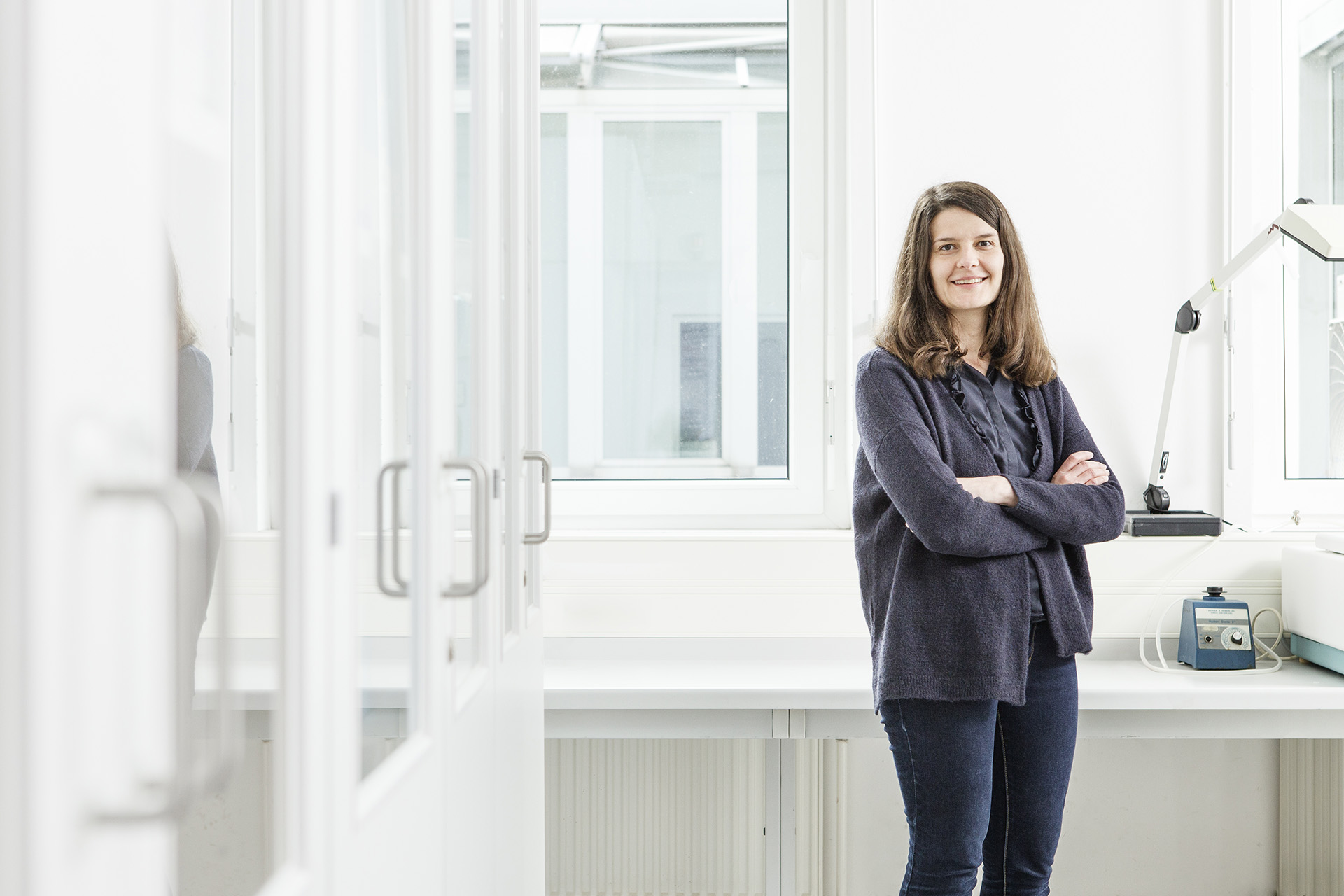MPM 2 - Overview
Protein homeostasis or ‘proteostasis’ involves a network of cellular processes that maintain the health of the proteome, including protein biogenesis, folding, quality control, trafficking, and degradation. Many diseases are the result of the proteostasis network. This module will develop a deep and mechanistic understanding of protein synthesis, folding, protein quality control, trafficking and protein turnover, which will be illustrated in the context of precision medicine by paradigmatic diseases, their diagnosis, and their treatment.
MPM 2 - Details
In Module 2, we will cover the basics of how proteins fold, including the role of molecular chaperones. We will examine how, where, and when proteins are synthesized as well as their targeting to subcellular compartments. We will investigate the role of post-translational modifications (PTMs) in protein folding and targeting, including the role of ubiquitination in protein quality control. The molecular basis of protein degradation by the
ubiquitin-proteosome system and the removal as well as the recycling of damaged or surplus cellular components by autophagy will be taught at a molecular and mechanistic level.
In the context of human disease, we will develop an overview of paradigmatic protein folding diseases including (i) mutations that affect protein folding (ii) protein aggregation diseases and (iii) defects in the protein quality control machinery. Students will be familiarized with patient clinical presentation, histopathological features, diagnosis, treatment strategy, clinical outcome, and future perspectives alongside a deep and mechanistic understanding of the disease itself.
Novel approaches to visualize and quantify protein aggregation in vivo through molecular imaging for diagnosis and therapy monitoring will be presented. We will examine a spectrum of pre-clinical and clinical therapeutic approaches, including novel approaches for targeted protein degradation and RNA-based therapeutics to restore correct protein synthesis and folding.
Teaching faculty include basic research scientists from the Max Perutz Labs, the Medical University of Vienna, the Center for Molecular Medicine, and the Boehringer Ingelheim Institute for Molecular Pathology, as well as Clinicians from the Medical University of Vienna.
